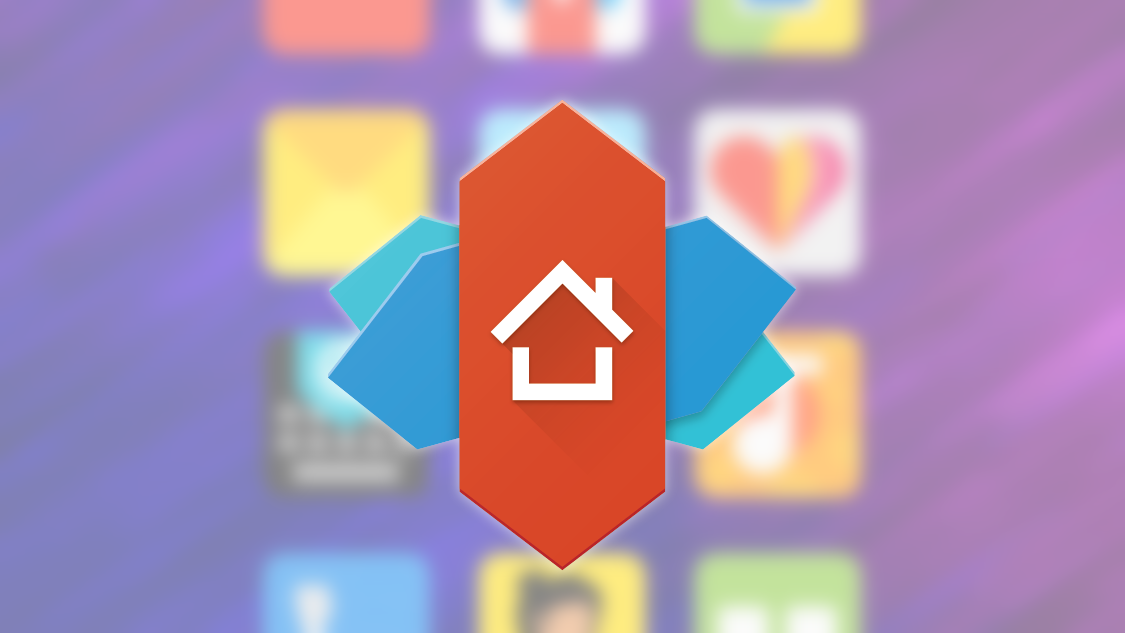

I don’t know enough to say what the structure should be but this should not be possible:
But it doesn’t protect you against more insidious forces like the founders selling to private capital
It implies that the founders have more voting power and ownership than the rest of the people in the org. In my mind, everyone should have an equal vote, which should prevent a sale on the whim of the founders or another minority group. If a sale is in the cards, a majority of the people in the org should have to approve for it to proceed. And this shouldn’t be advisory but a legal barrier to pass.
If I were to start a firm today, I’d be looking into this because not only this is the kind of firm I’d like to work in, but I think so would quite a few people in software. And those aren’t the dumb kids.
I can also say that as a customer, the few worker co-ops I’ve able to buy things from give me a much more trustworthy impression than the baseline. They just behave differently. Noticeably more ethically.



















Purely on the product side, if I decide to buy it, I wouldn’t buy it for myself. I’d buy it for friends and family who are not that tech literate. Either to make my life easier to give them self-hosted services, or ideally for themselves to be able to do so. I want this product to be a non-shitty, open source “Synology,” from a firm I can trist to support it for a very long time. Doesn’t have to have that form factor. And I’m totally fine with an ongoing subscription. I’d like to be able to say - hey friend, buy this from ACME Co-op and sign up for their support plan. Follow the wizard and you’ll have Immich, Nextcloud, etc. A support plan might include external cloud HTTP proxy with authentication and SSL that makes access trivial. Similar to how Home Assistant’s subscription (Nabu Casa) works. It could also include a cloud backup. Perhaps at a different subscription rate.